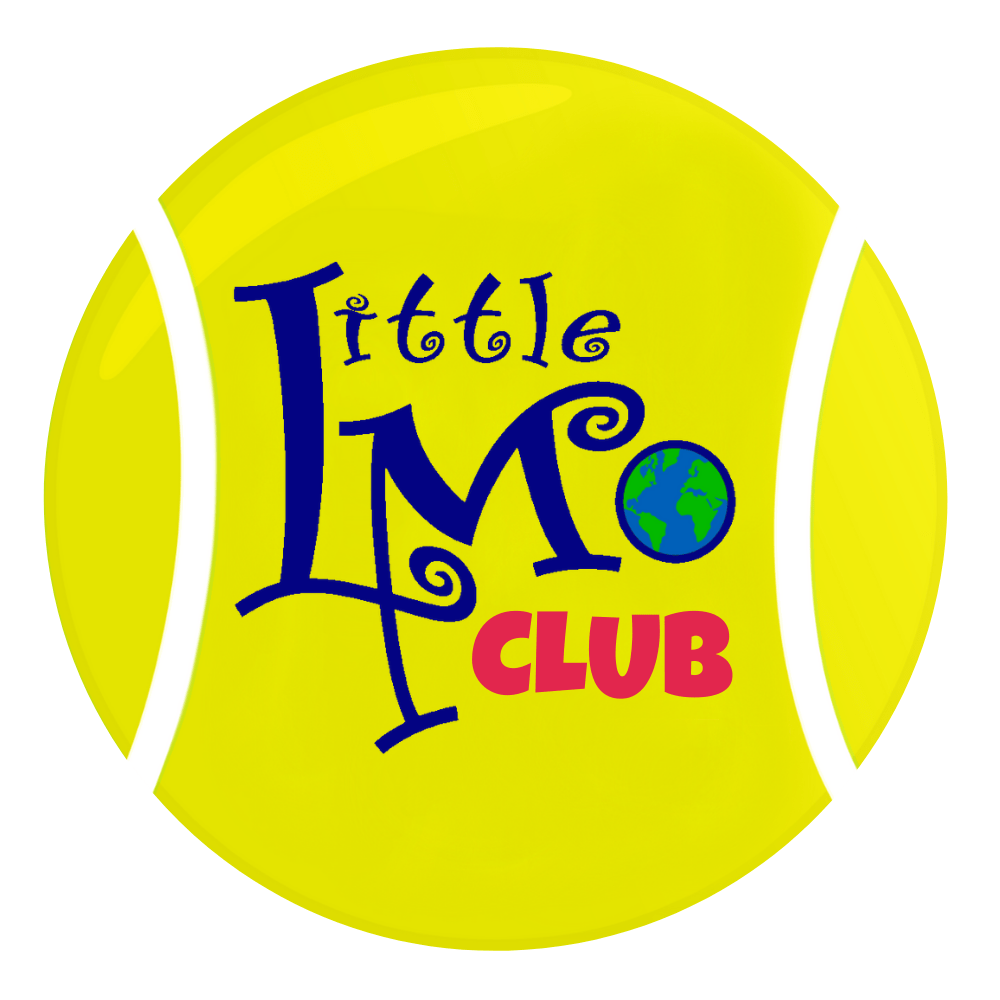How Might Being Cheated Be Good For Your Child?
Up Next
Tennis Parent 101I asked registered sport psychologist, Anthony Ross, of SportParentSupport.com to comment on my cheating post from earlier this week. Here is his response:
Your child is playing an important match against a sectional rival. As the match nears its conclusion a big point arrives. Your child battles long and hard in this point and then it happens… he gets blatantly cheated and it costs him the match. As your emotions rise you feel helpless and angry. You want to jump onto the court and throttle the opponent’s neck as thoughts of missed ranking points and potential missed future opportunities for your child flood your mind. You think of all the time and effort and money you have put into being at the tournament only for your child to be robbed. You know your child is about to come off the court in complete despair, and you don’t know what to do to help.
Does this experience sound similar to any of your tennis parenting experiences? If so, welcome to the club… Tennis parenting can naturally evoke incredibly strong difficult internal experiences (thoughts, feelings, and urges) for most parents, and being cheated is the situation many parents report as the most difficult. But if we step back from the natural reactions of the moment, is it possible to reflect on this situation from a different perspective and ask the question- In what circumstances might the unfairness of being cheated both help your child’s psychological development and increase their chance of becoming more successful as a tennis player in the long term?
The Vaccine Example…
Most of us have received vaccines to boost our immune defenses. Vaccines act like small doses of adversity for our immune system leading to this system becoming stronger in fighting off disease. Your child’s difficult and unfair tennis experiences, such as being cheated, also provide the necessary vaccines that can help him or her develop resilience to face future life challenges. Let’s look at two crucial ways that you can support this process.
Exposure to ‘Positive Normal Stress’
It’s first critical to encourage your child’s exposure to difficulties, setbacks, and unfairness common in tennis. When you do this you provide him or her with the required opportunities for development, growth and resilience building. It turns out the moderate stress that they encounter in these situations is a requirement for appropriate brain development, just like exercise is for physical and brain development, and health challenge is for immune development.
How Does the Brain Respond to Moderate Stress?
When we experience stress in small doses, like those faced in difficult sport situations, neurons, which are the brain’s basic building blocks, break down but then rebuild more strongly making the brain more resilient to face future demands. Neuroscientists call this phenomenon ‘stress inoculation’. Assuming it’s not too severe or prolonged (such as more traumatic life experiences that may occur throughout development), our brains become stronger as a result of stress making it a necessity for growth. And so if you can encourage your child’s exposure to sport stresses you are helping to build his or her brain’s ability to overcome adversity and develop resilience.
The problem with overprotection
But this is not easy to do. It’s natural for you to have a strong inclination to be very protective of your child, and sport evokes internal experiences that can make victory in the moment seem especially important. But when parents are overprotective regarding difficult sport experiences, crucial opportunities to develop resilience can be missed. I see tennis as the perfect place to intentionally promote the moderate, short-term stressful experiences that will allow your child to function better in the future even though he, and you, will likely feel worse during the adverse experience.
Responding to your child’s stress effectively
Also, while exposing your child to sport stress is important, just as important is how you then respond to his or her stressful experience. In response to being cheated, it is important to express empathy for you child’s experience and encourage her when ready to discuss her own internal experiences regarding the experience (these communications will help your child develop a sense of importance and emotional intelligence). But here I will focus on another vital aspect in your post-cheating communication- it is vital to encourage your child’s perception of having personal control over outcomes. This means encouraging your child to focus on controllable factors internal to him or her such as hard work, persistence, and discipline in overcoming difficulties rather than focusing on external factors such as being cheated.
If you can view perceived unfairness and difficulties such as being cheated or being left out of a desired team as an opportunity to grow, and successfully communicate that your child’s actions will determine his long term fate, not factors external to them, he will receive the message that he can affect future outcomes in his life.
The problem with focusing on external factors
If, however, you communicate in a way that promotes a victim mentality, your child will likely internalize the message that she does not control life outcomes. This encourages ‘helplessness’ which is an innate human response that arises when we believe that we don’t have control over life outcomes.
The Resilience Equation…
By encouraging your child’s exposure to ‘sport stress’, and communicating personal control in response, you are effectively vaccinating her to the challenges she will face throughout life. This is a vital attribute to success in tennis that can only be developed through exposure to adversity supported by successful parental communications surrounding these experiences. From this perspective ‘the cheaters’ provide the first part of the equation, and if you are able to meet the incredible challenge of stepping back from the extreme emotion of this situation and consider the big picture in choosing how to communicate to your child you can provide the vital second part:
Exposure to ‘Sporting Growth Opportunities’ + Parental Ability to Communicate a Personal Control Perspective = Increased Long Term Psychological Well-Being and Psychological Skills Required for Future Success in Tennis.
The original post, 99% Out is Still 100% In, also generated a lot of discussion on Facebook. I have copied-and-pasted some of that discussion to the ParentingAces Facebook page if you want to take a look. As always, please feel free to share your experiences and/or leave your comments below.












